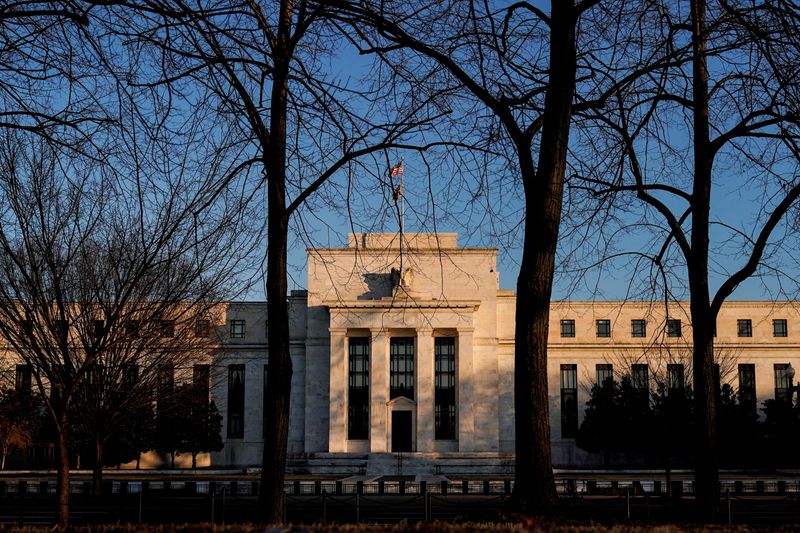Fed’s Cook: More cuts likely appropriate as disinflation expected to continue
2024.11.20 11:16
By Howard Schneider
CHARLOTTESVILLE, Va. (Reuters) – U.S. inflation continues to ease, with wages and the job market cooling and excess price increases largely confined to housing, a situation in which it will likely remain appropriate to continue cutting interest rates, Federal Reserve Governor Lisa Cook said on Wednesday.
“The totality of the data suggests that a disinflationary trajectory is still in place and that the labor market is gradually cooling,” Cook said in comments prepared for delivery at the University of Virginia.
“In my view, it likely will be appropriate to move the policy rate toward a more neutral stance over time,” Cook said, while adding that the “magnitude and timing of rate cuts will depend on incoming data” that could push the Fed to accelerate or pause cuts if, for example, the labor market starts to weaken dramatically or if inflation proves stickier than expected.
Still, Cook said she envisions inflation falling to 2.2% next year and lower after that amid continued economic expansion and a labor market she described as “solid.”
“If the labor market and inflation continue to progress in line with my forecast, it could well be appropriate to lower the level of policy restriction over time until we near the neutral rate of interest,” said Cook, without specifying what she considers the neutral rate – where Fed policy neither stimulates nor restrains the economy – to be.
The current benchmark rate is set in a range of 4.50% to 4.75% percent, and Cook said she felt the three-quarters-of-a-percentage-point lopped from it at the Fed’s two prior meetings was “a strong step toward removing policy restriction.”
Cook did not explicitly endorse a rate cut at the Fed’s next meeting on Dec. 17-18.

Investors have grown less confident about whether the Fed will deliver another quarter-point at that meeting, with the odds attached to that slipping since the election of former president Donald Trump to a second term introduced the possibility of tariffs, tax cuts and immigration restrictions that could change the direction of growth, employment and inflation in uncertain ways. Current odds on CME Group’s (NASDAQ:) Fed Watch tool reflect about a 55%-to-45% split modestly in favor of another cut.
Growth and spending data in the meantime have also pointed to an economy that remains on solid footing, with inflation running slightly higher than anticipated.








